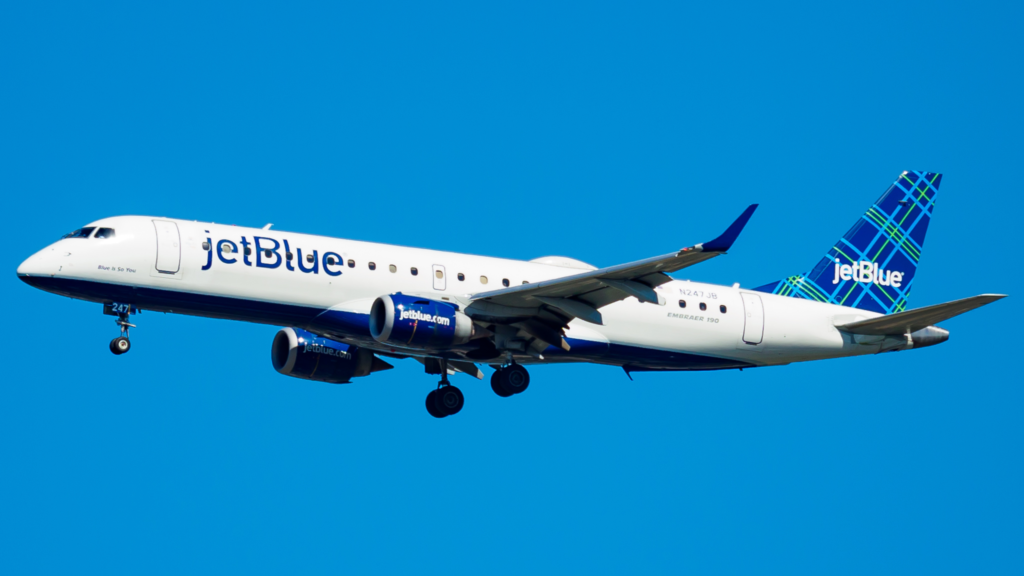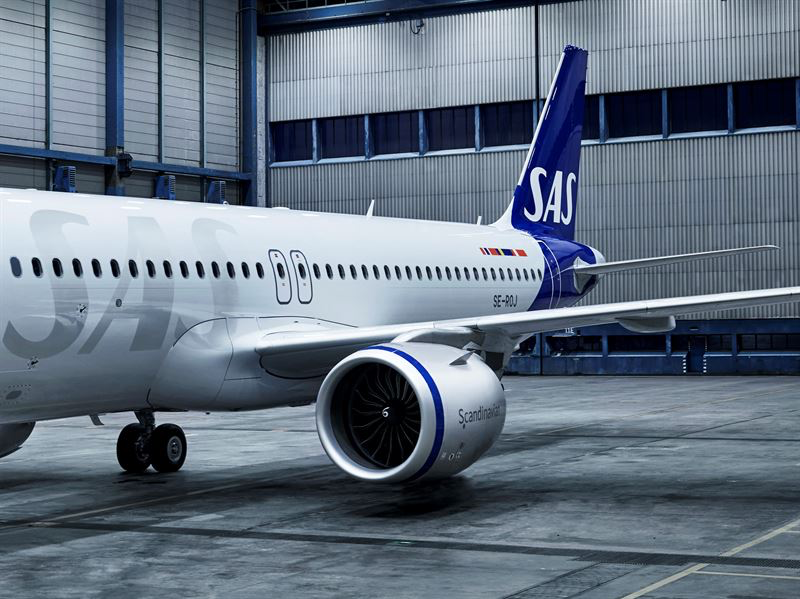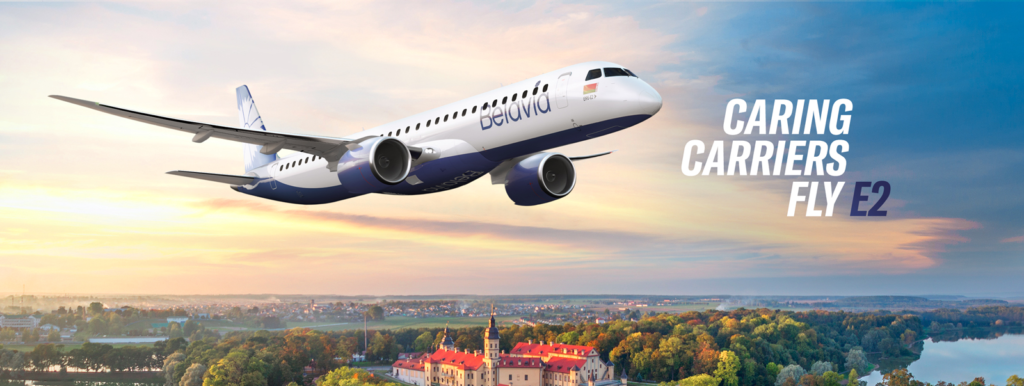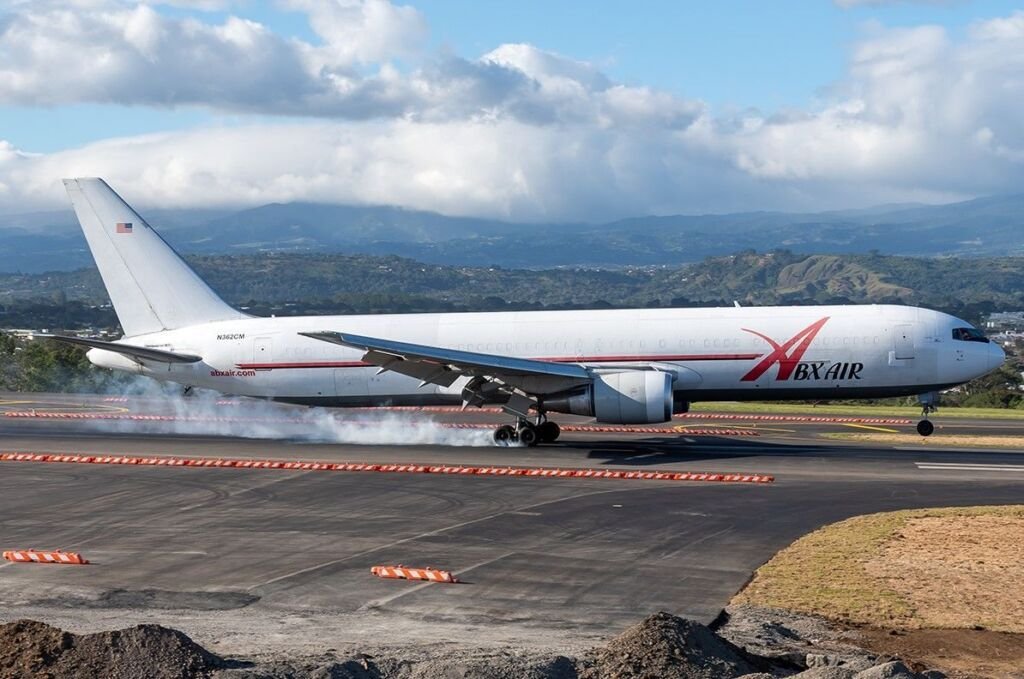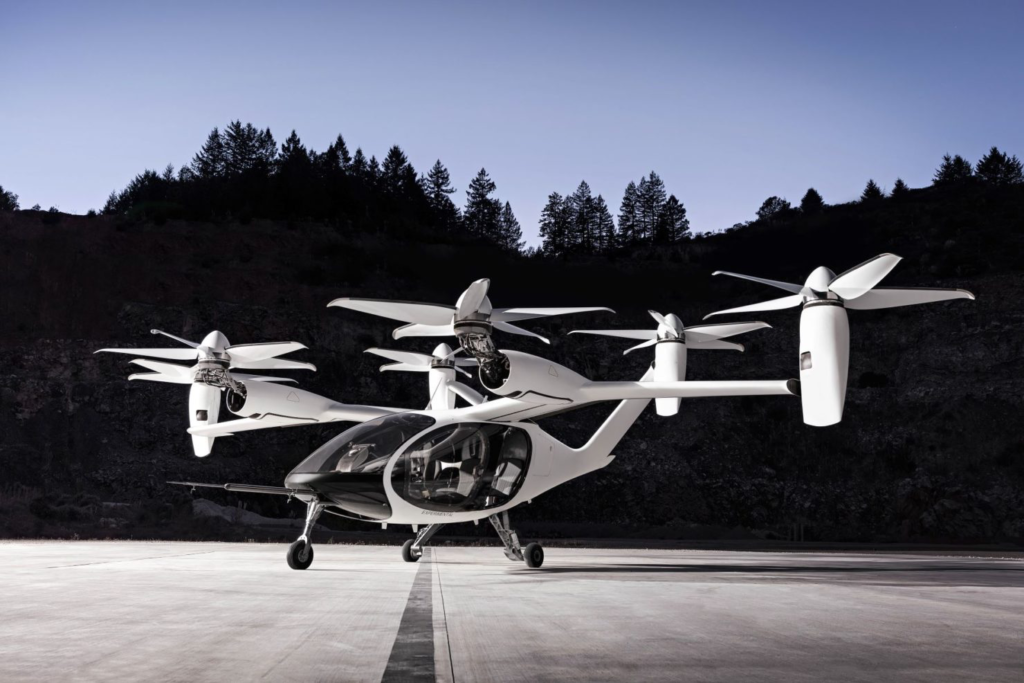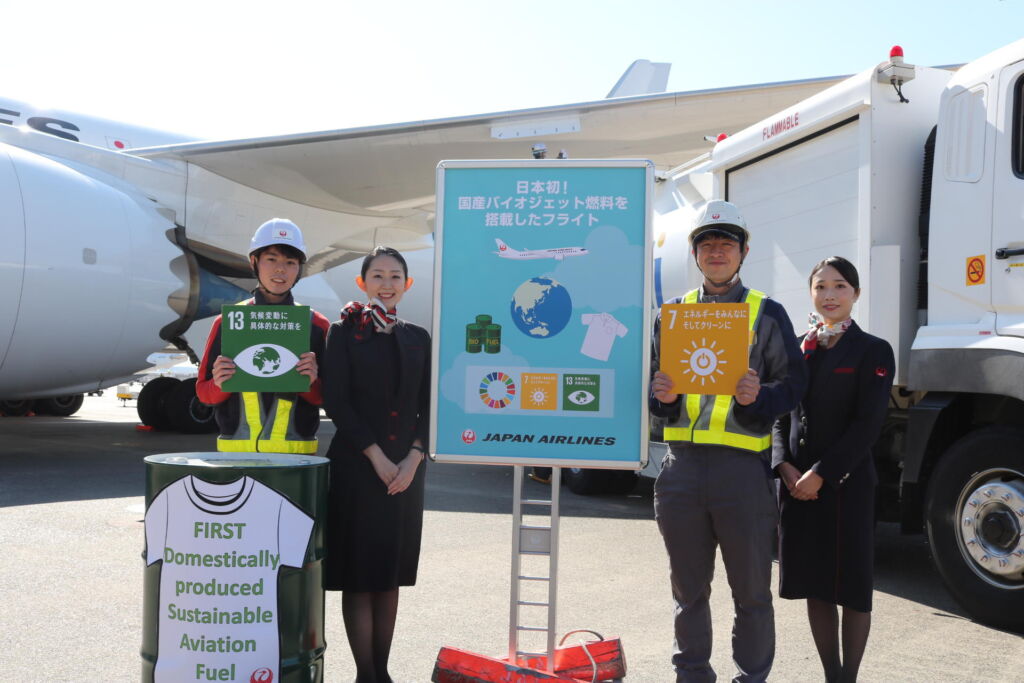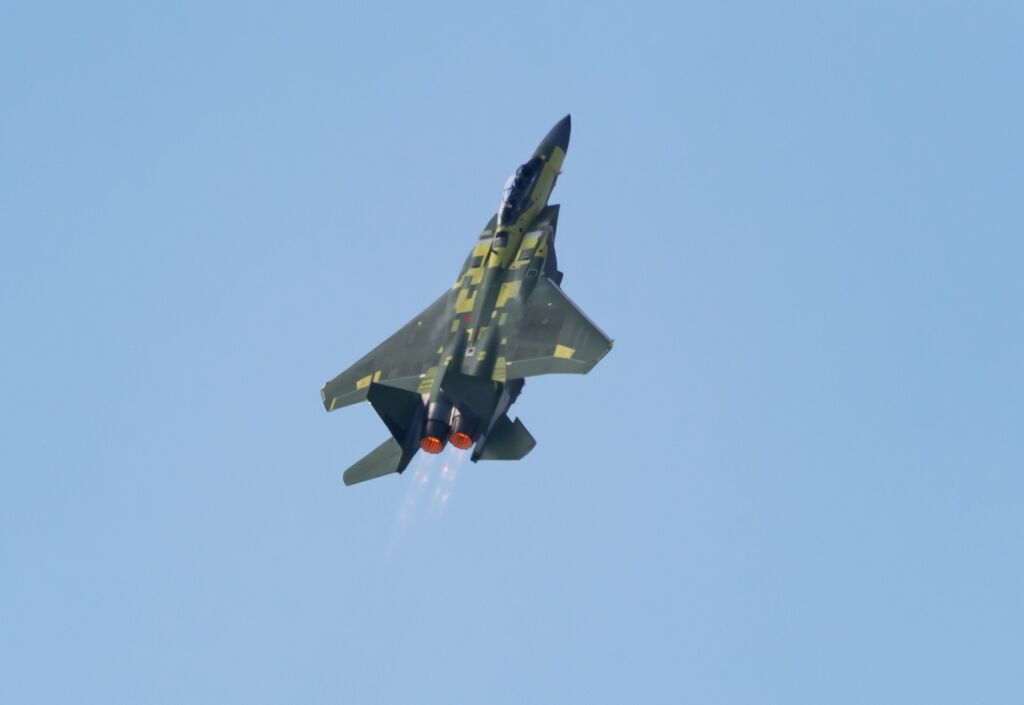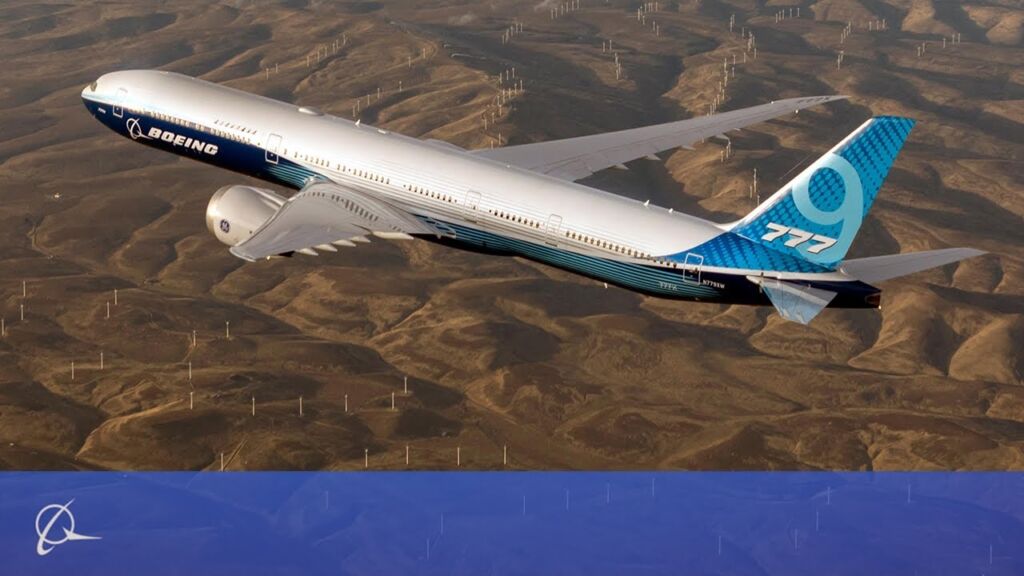Embraer Cheers Brazilian Government Decision to Review Aeronautic Sector Subsidies
São Paulo, Brazil, February 18, 2021 – Embraer (NYSE: ERJ) welcomes the Brazilian Government’s decisions to withdraw its ongoing World Trade Organization (WTO) dispute with Canada regarding aeronautical subsidies and to launch negotiations on more…
